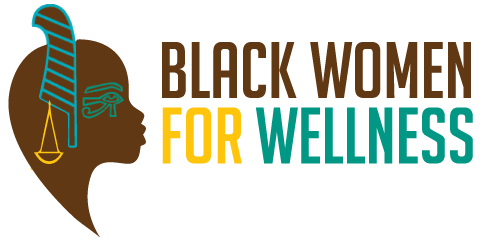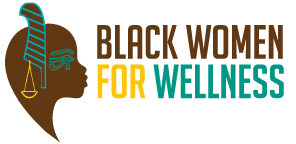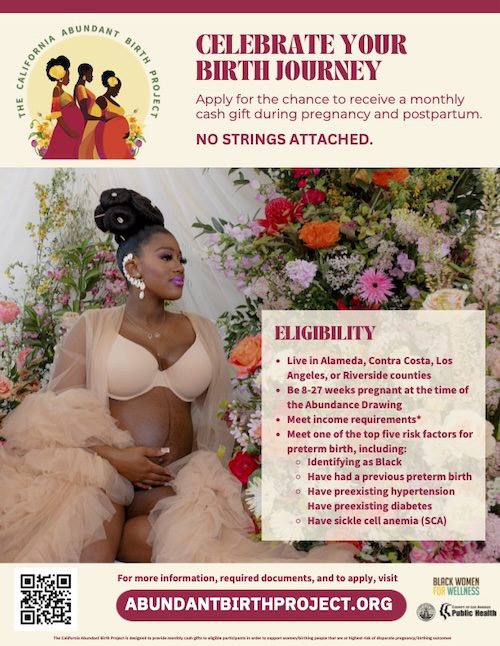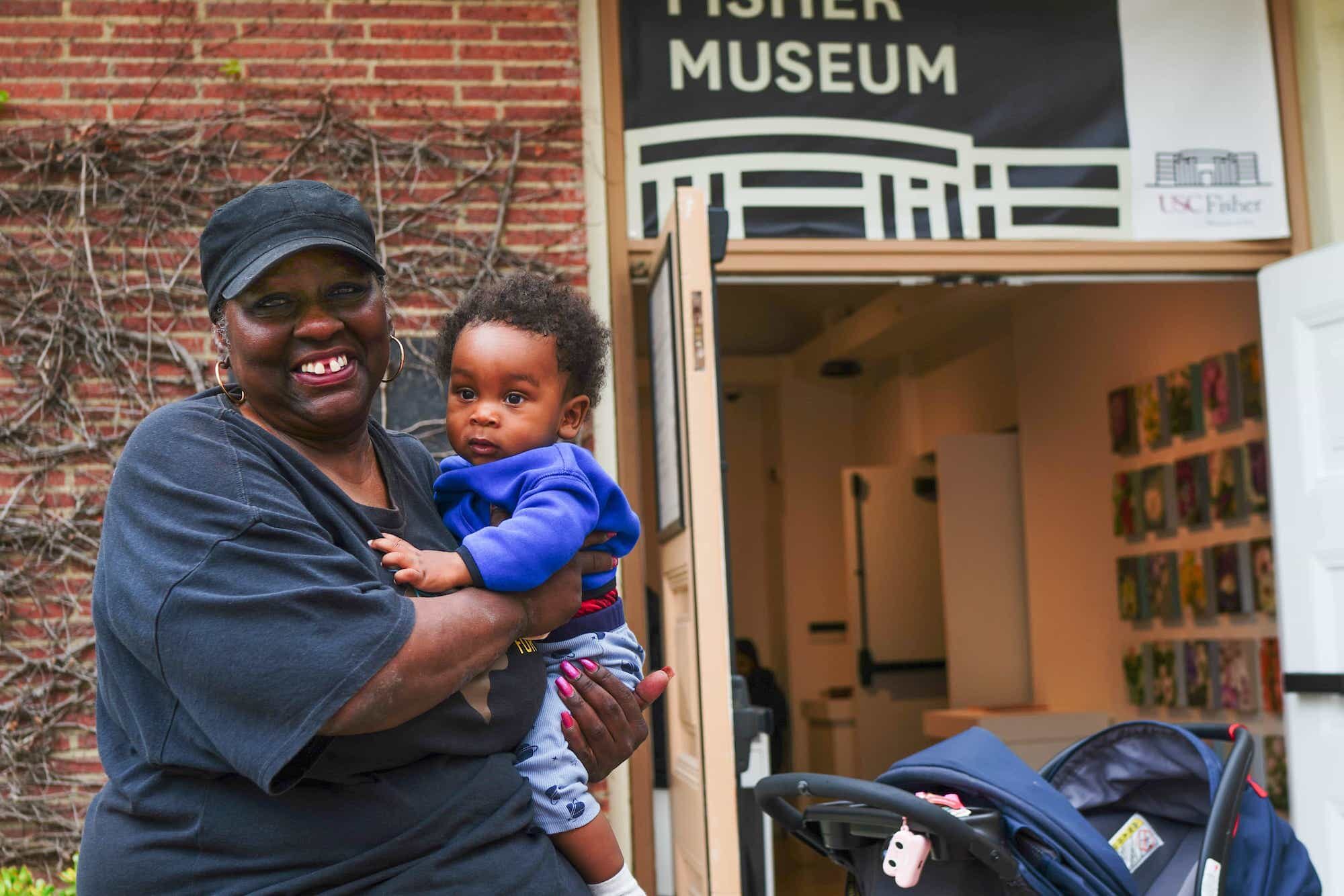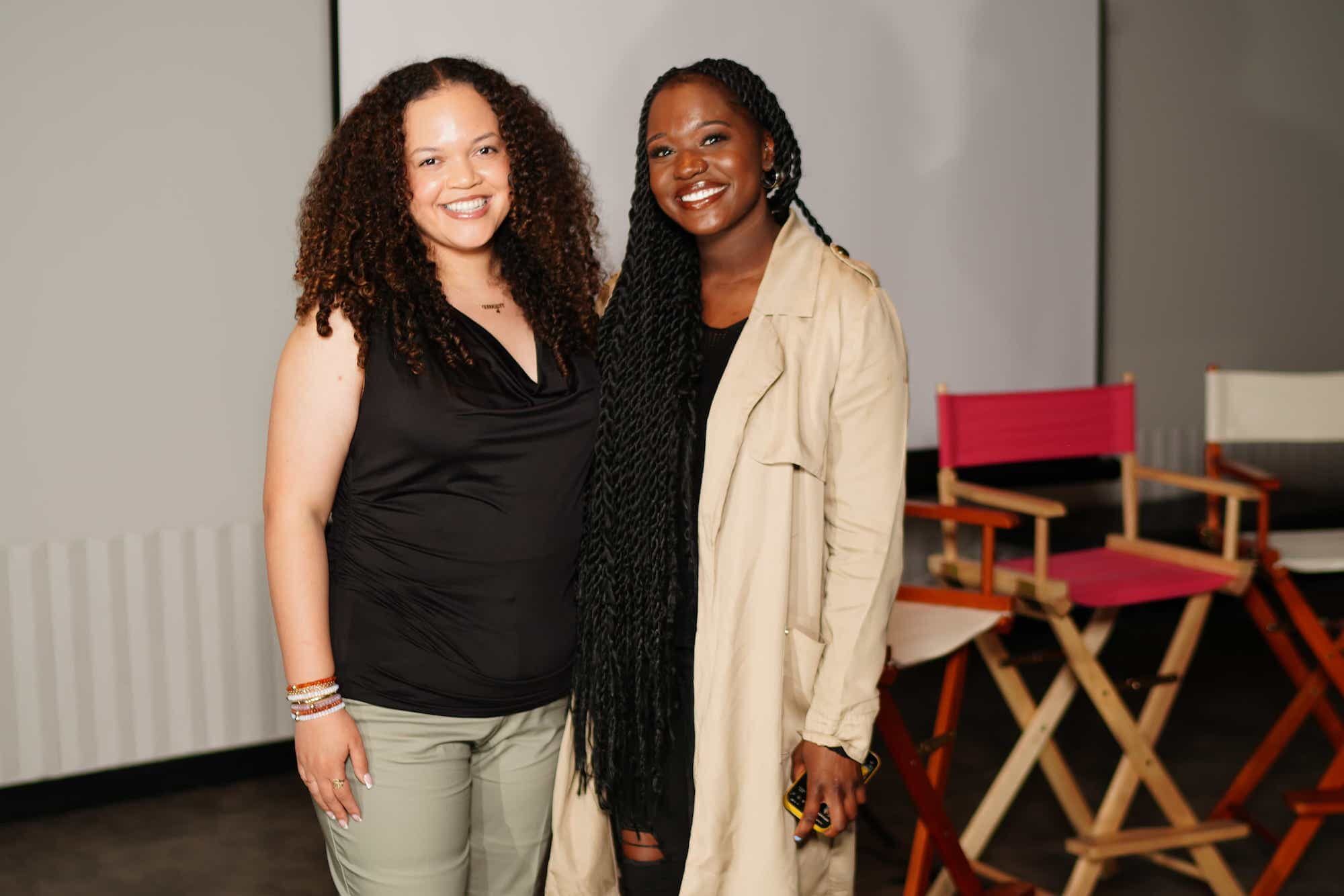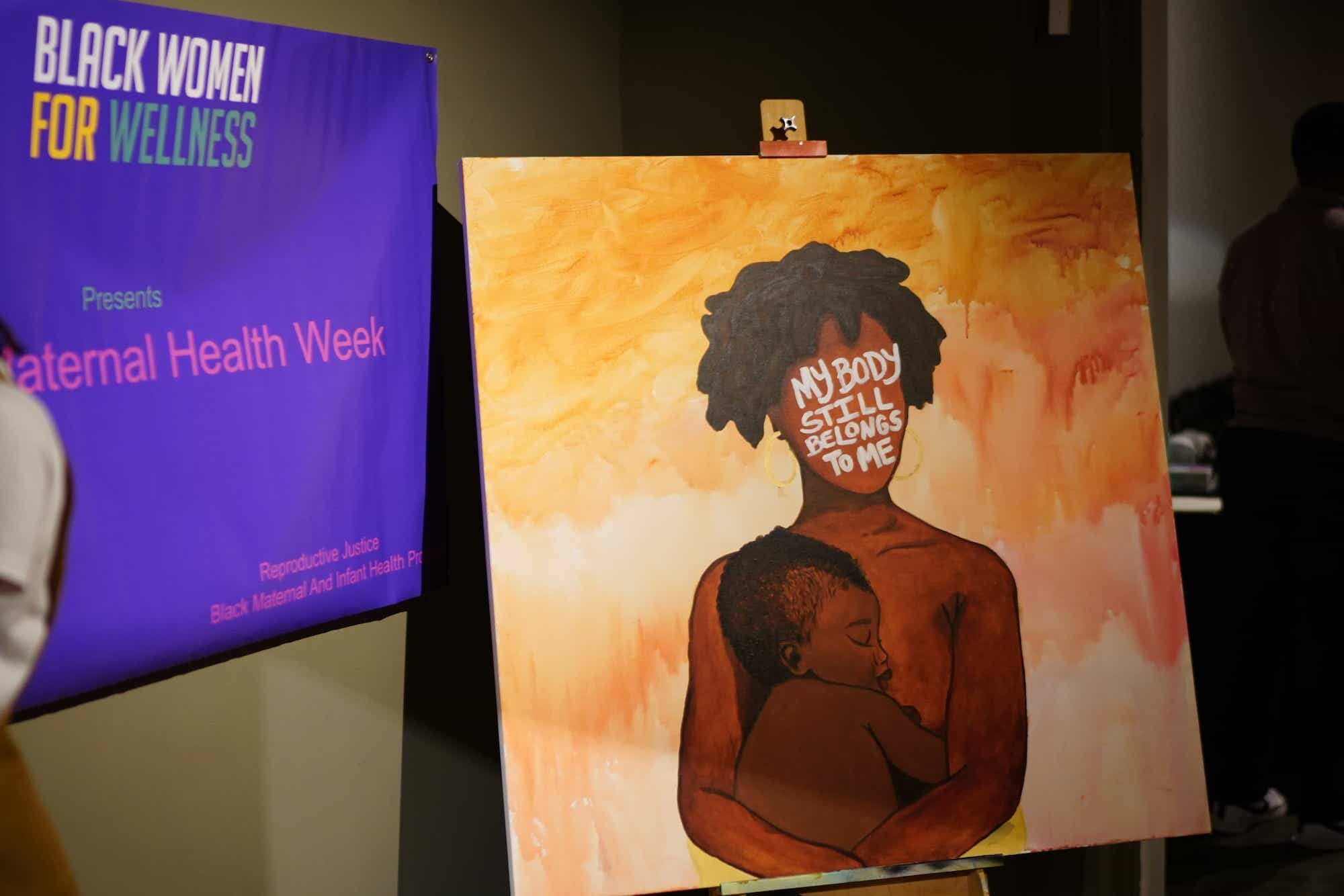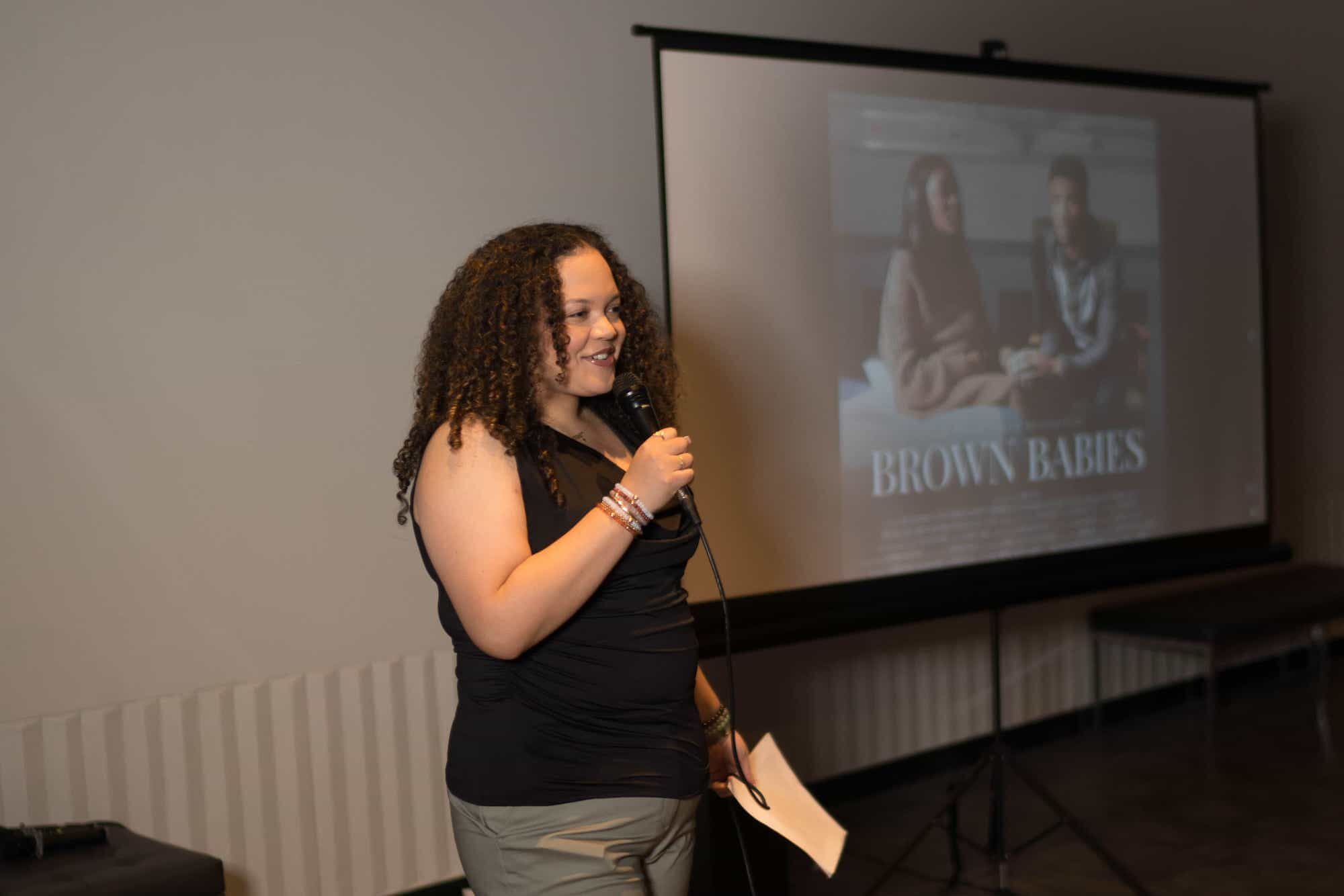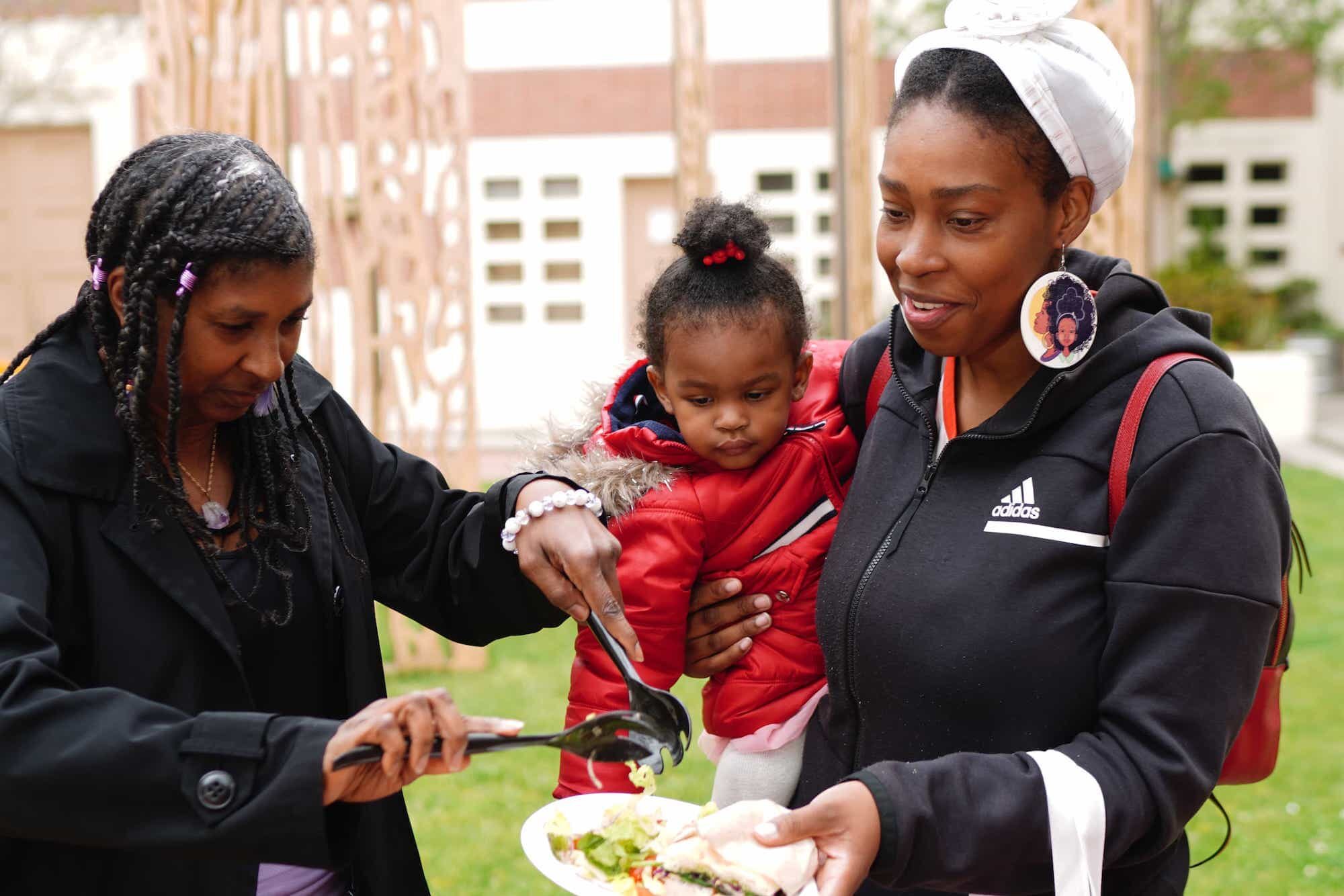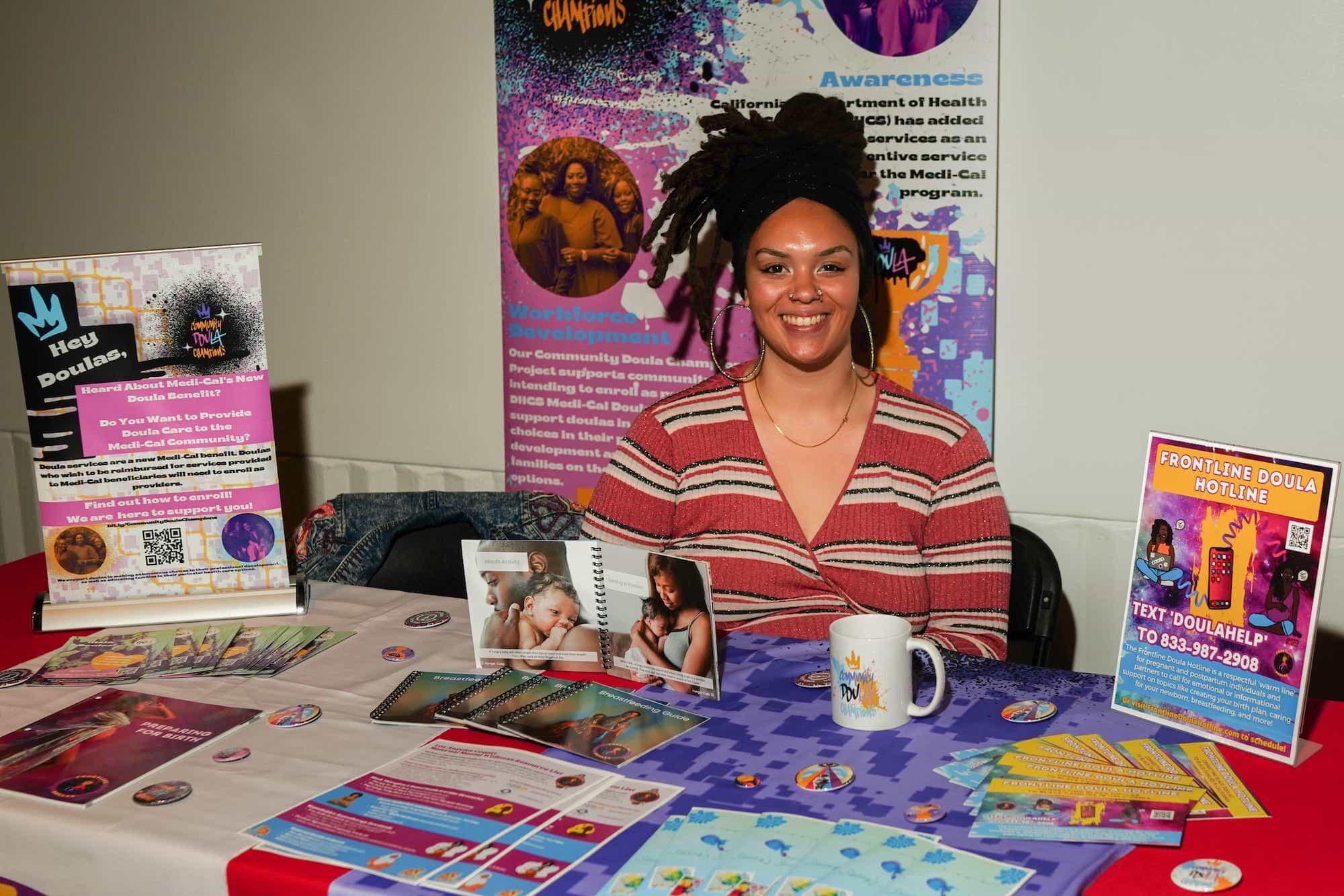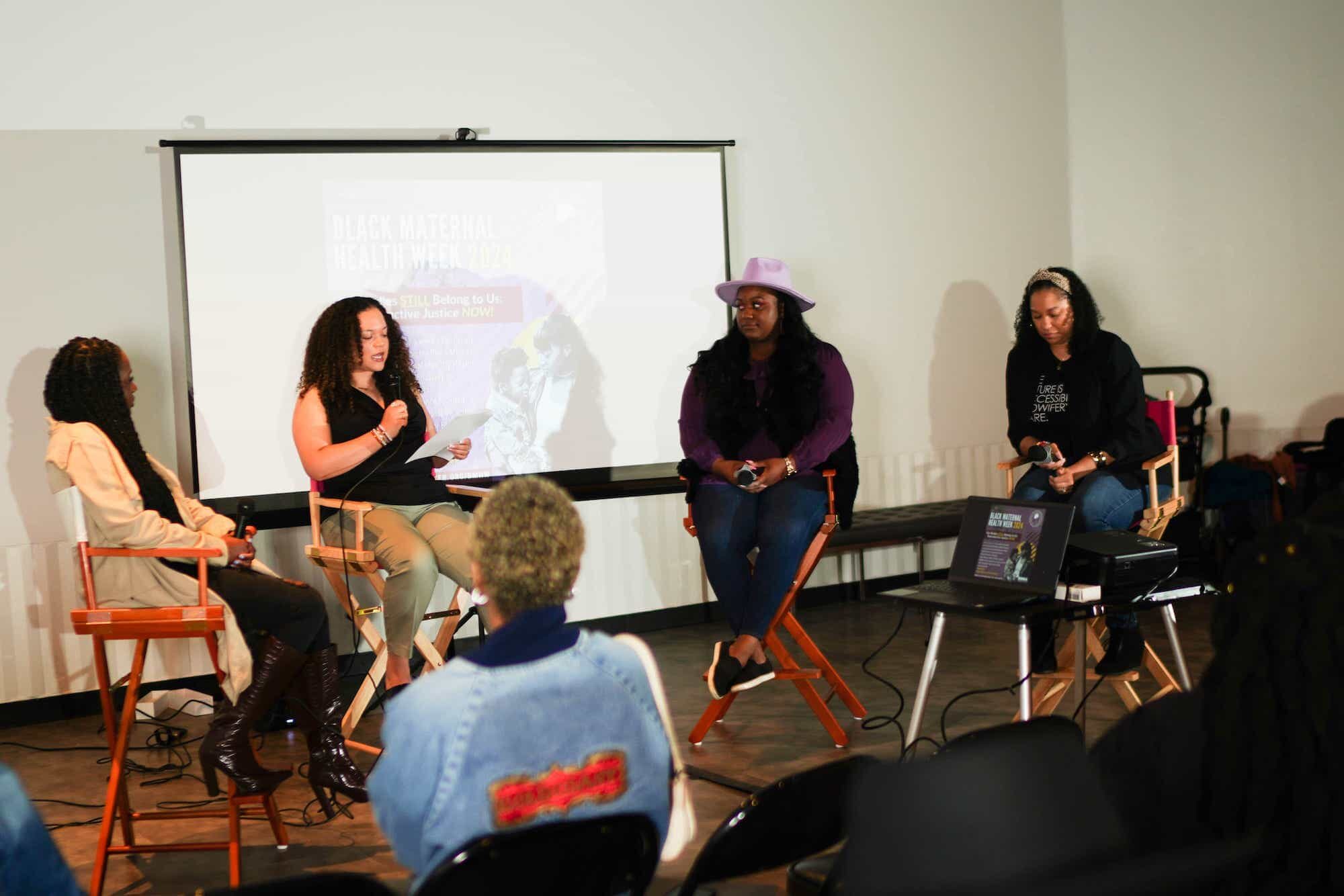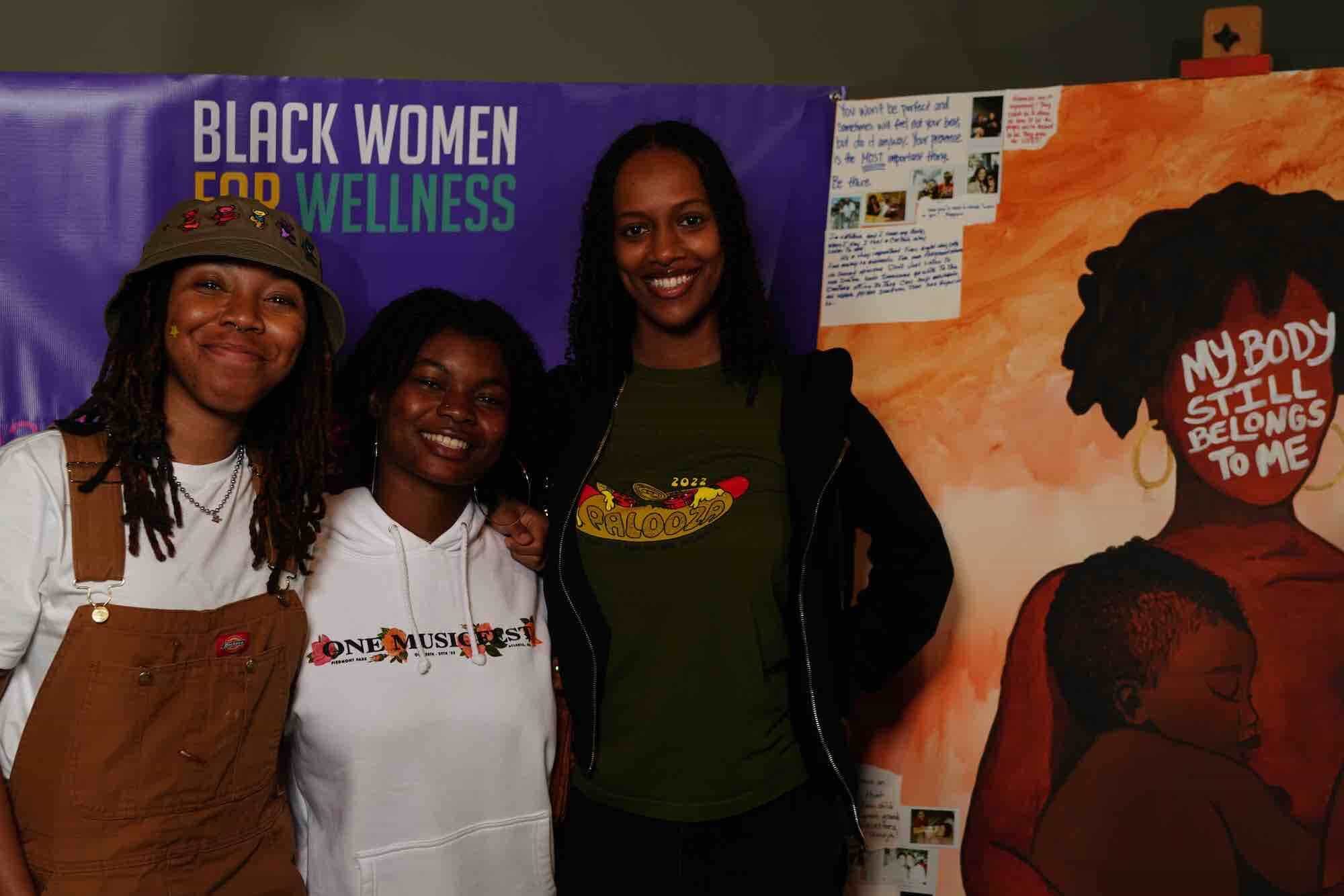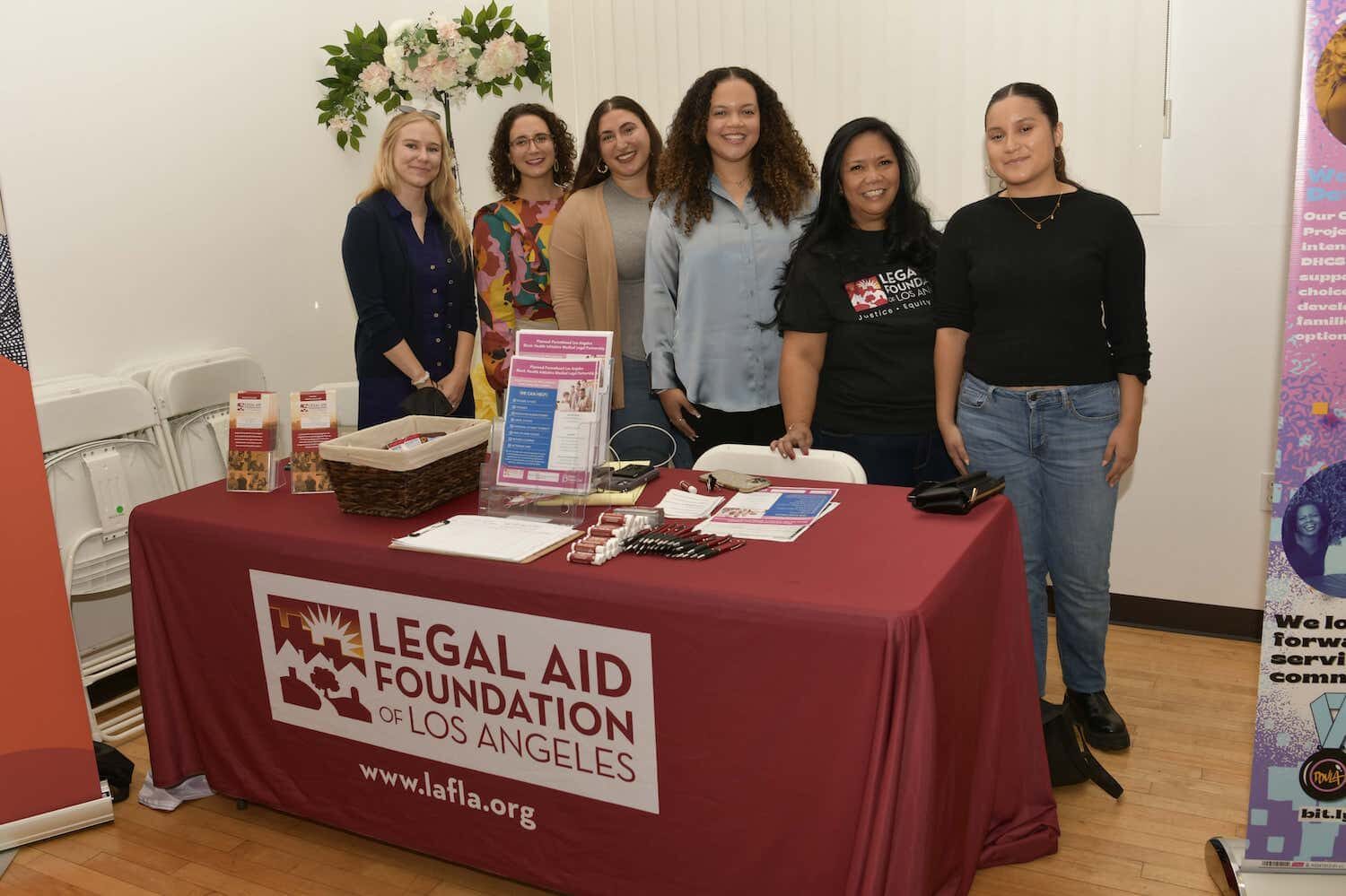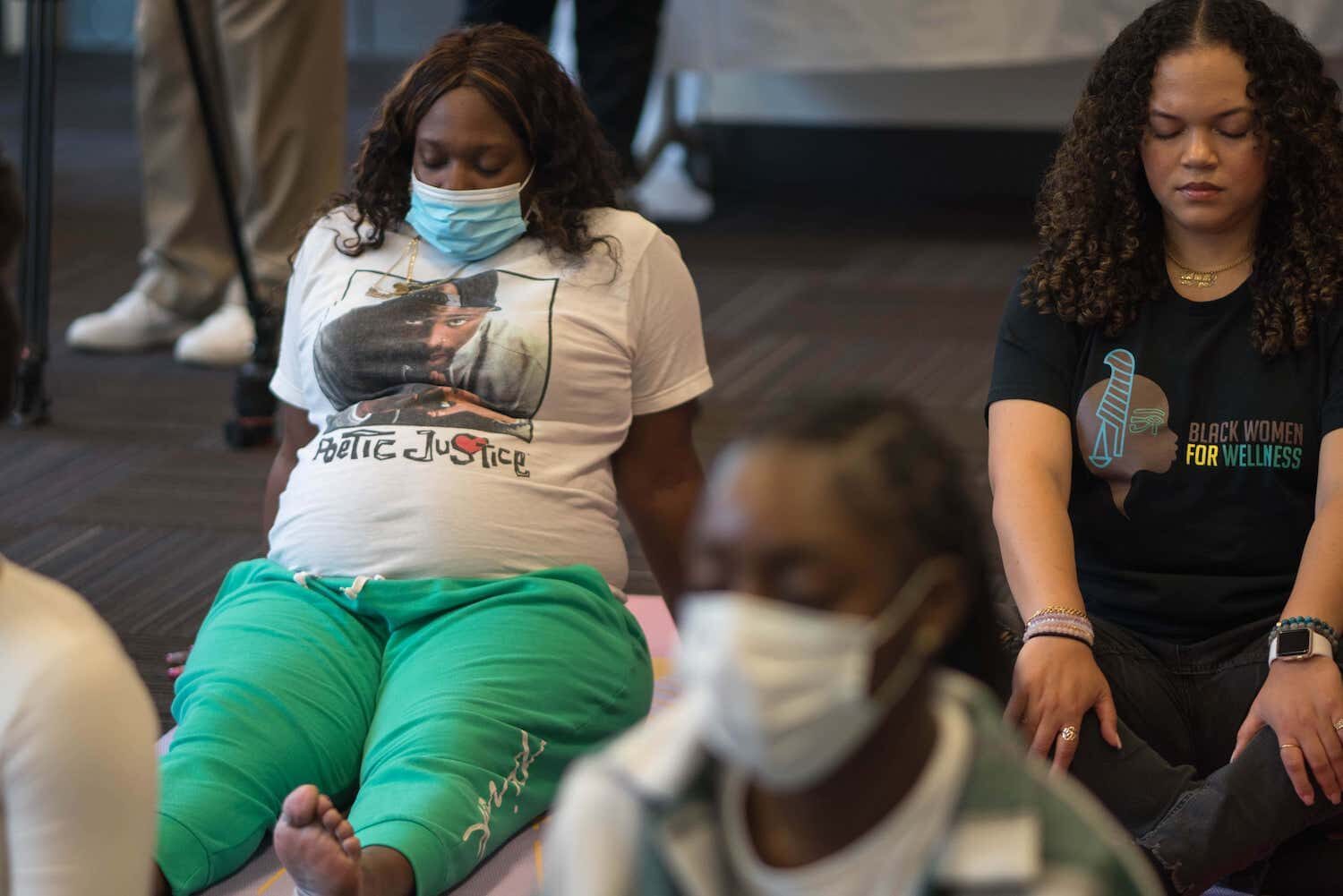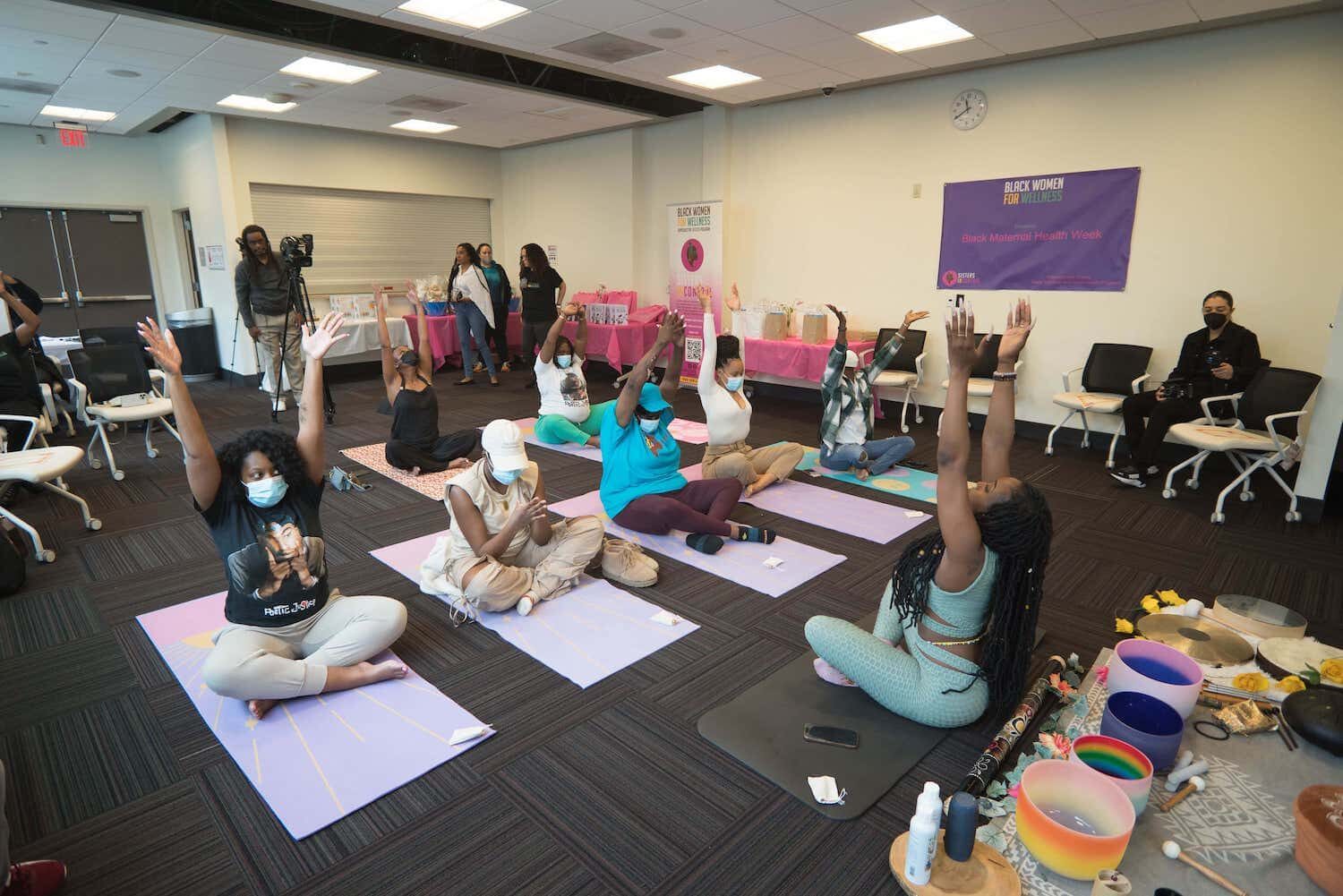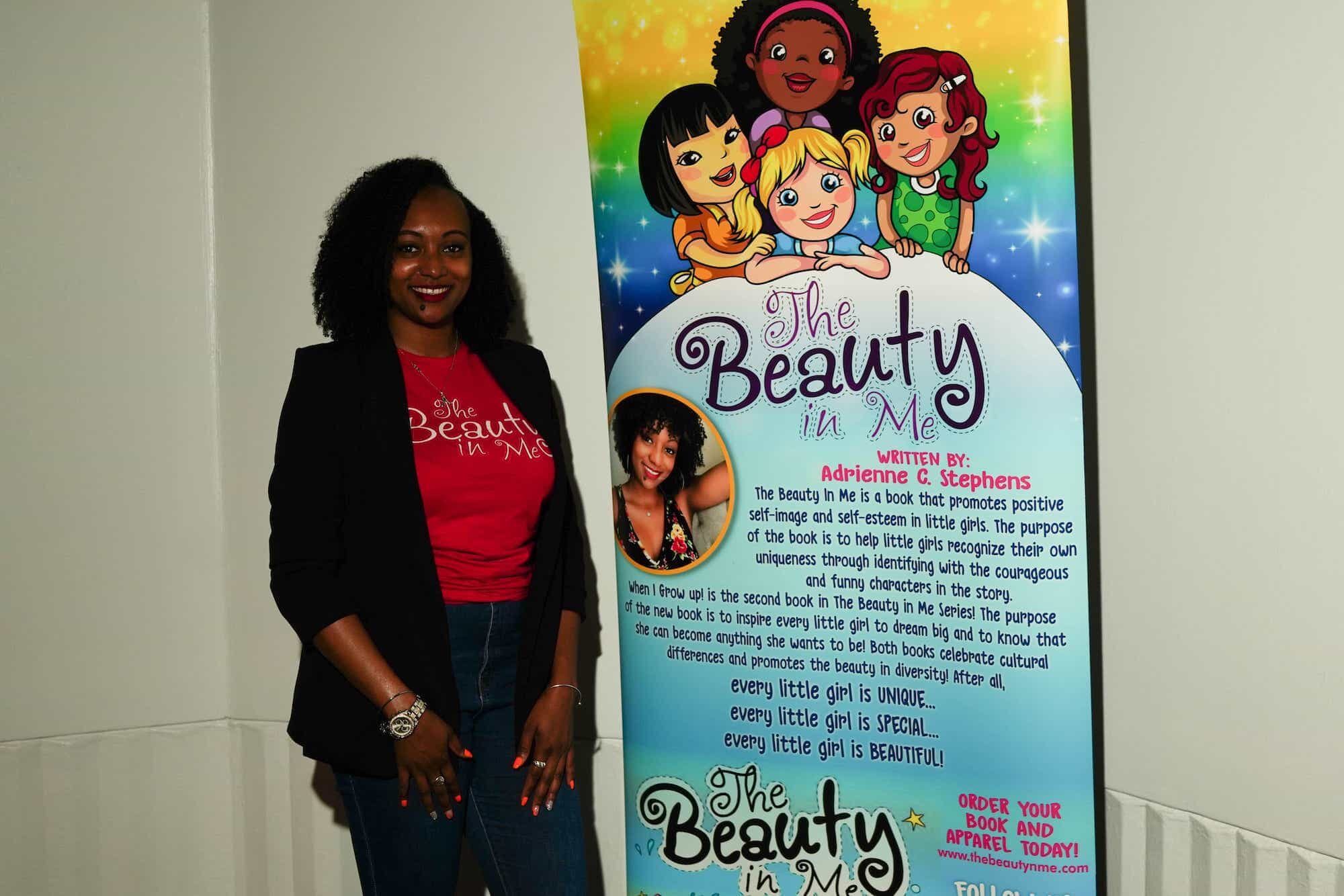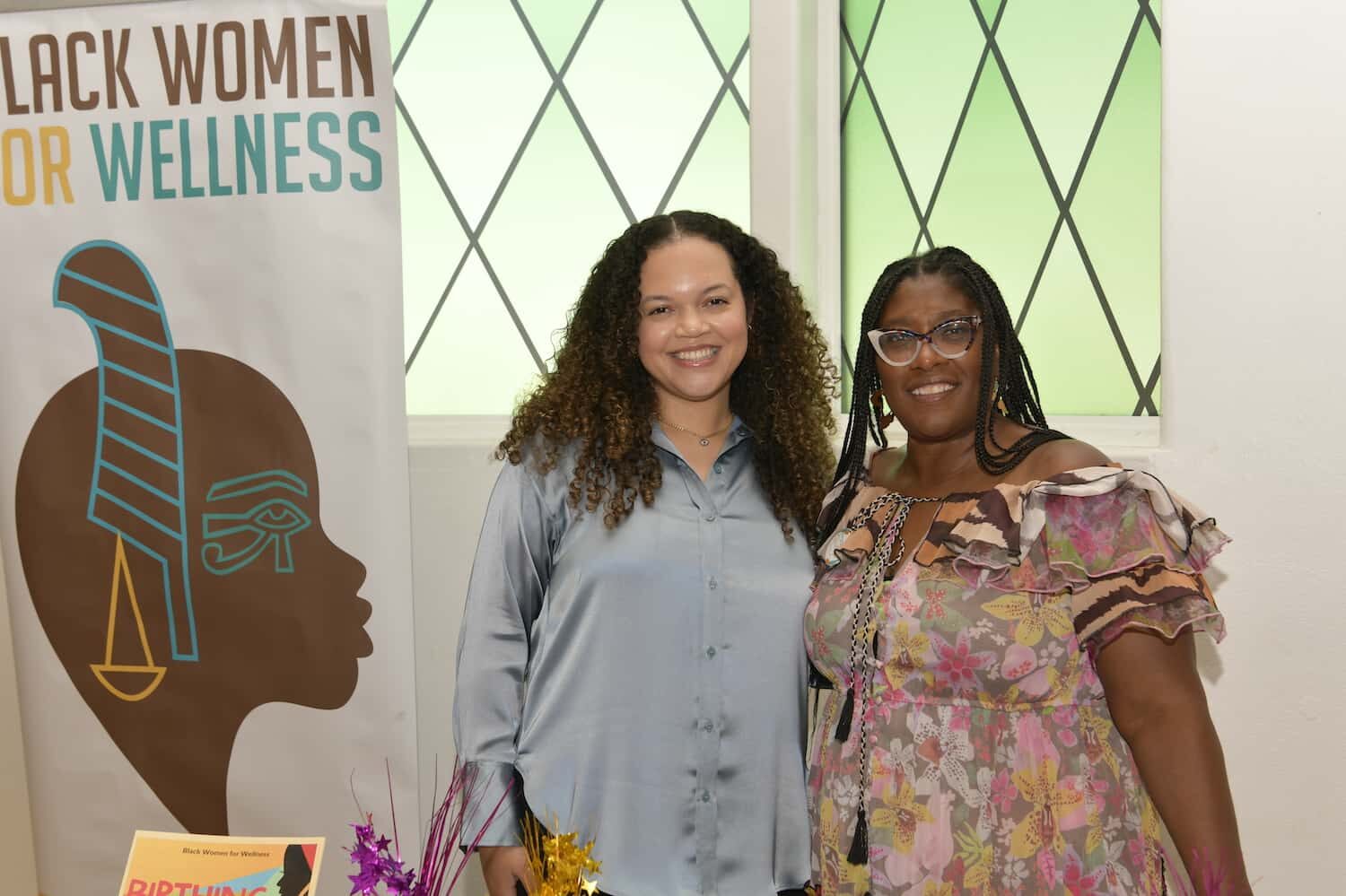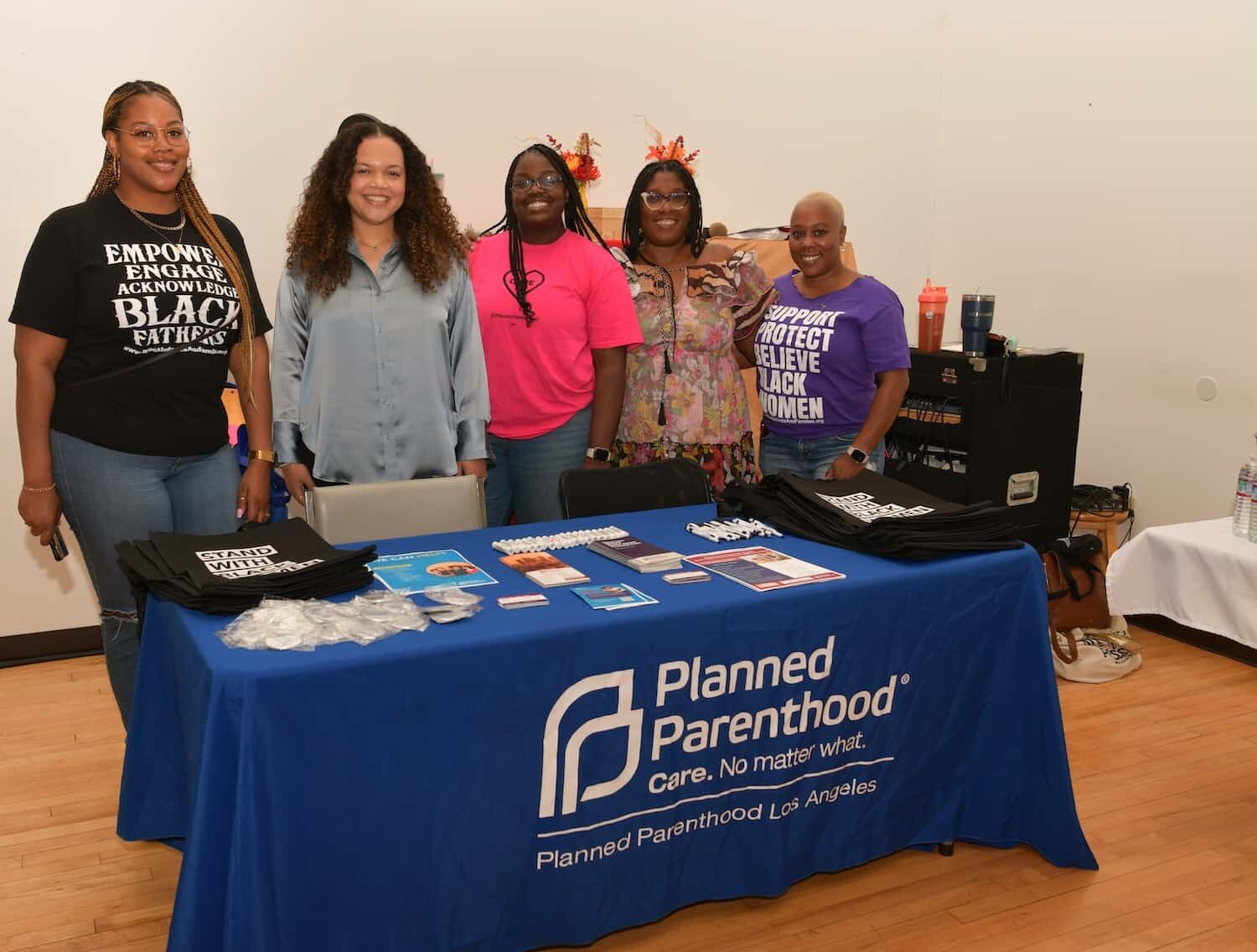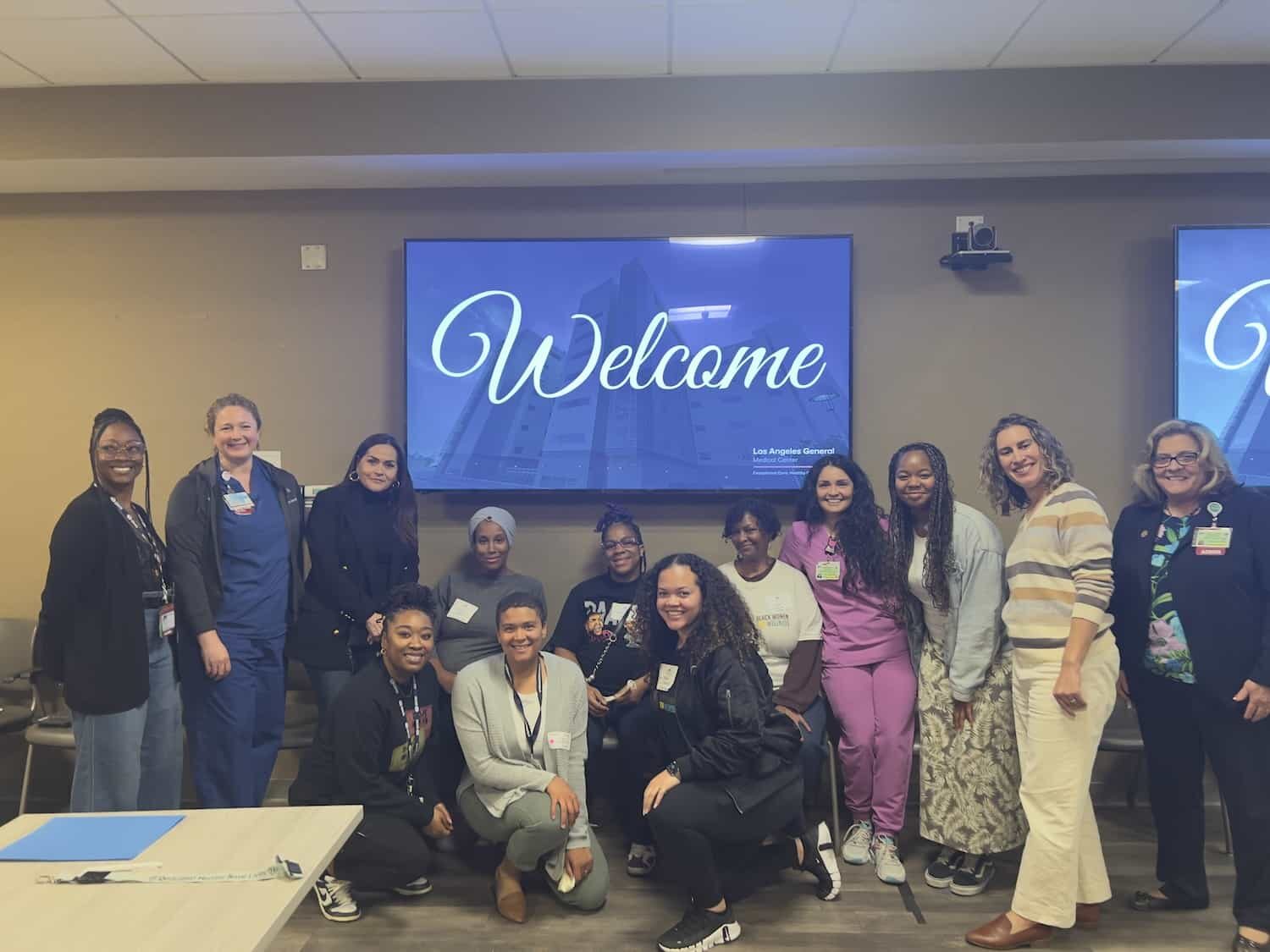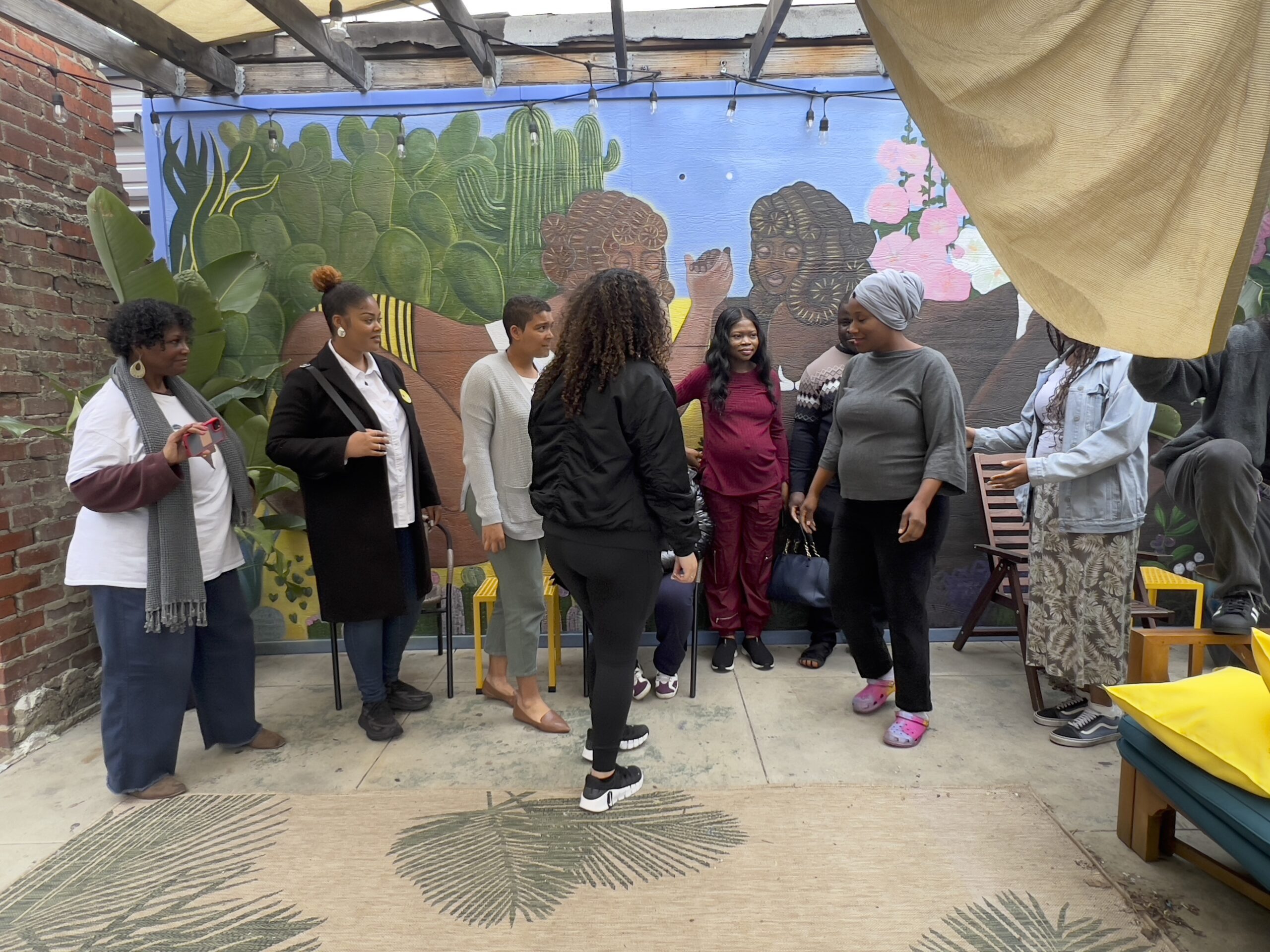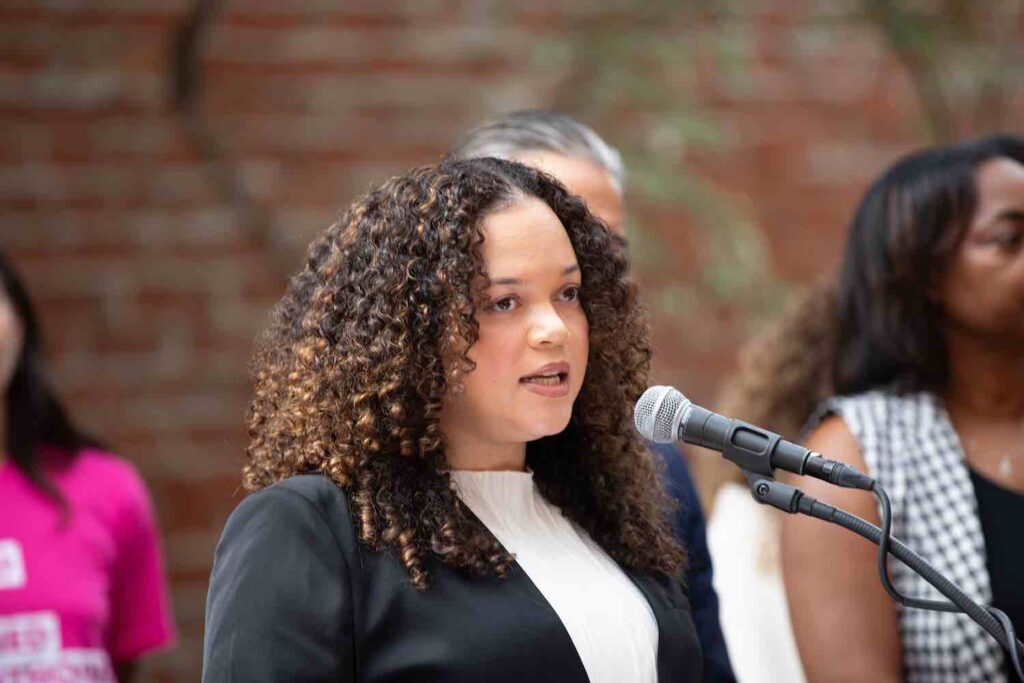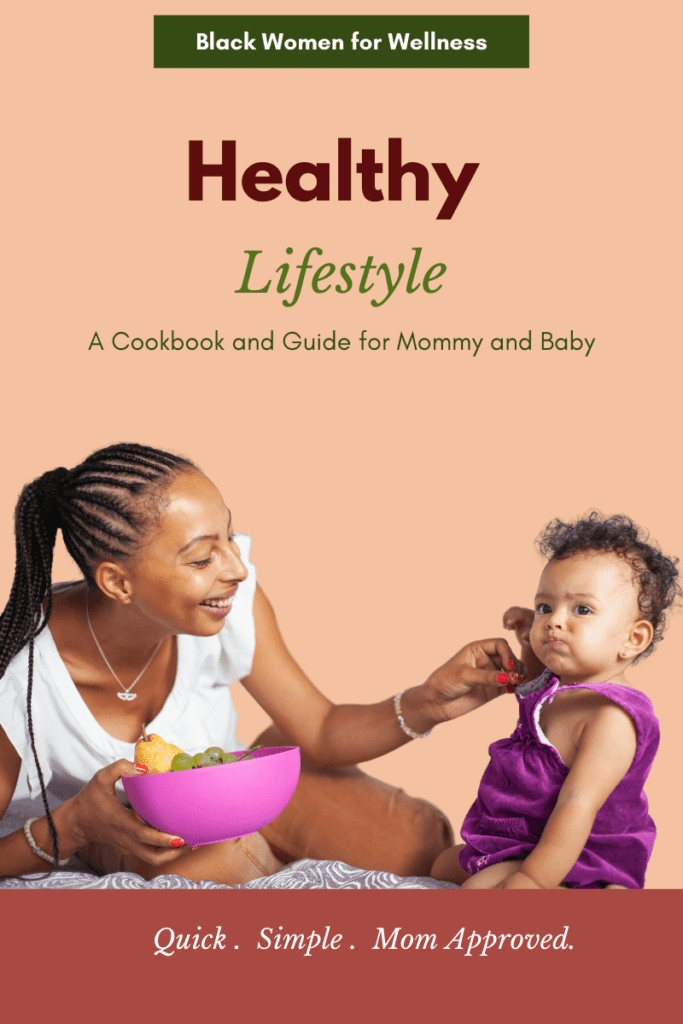BLACK MATERNAL
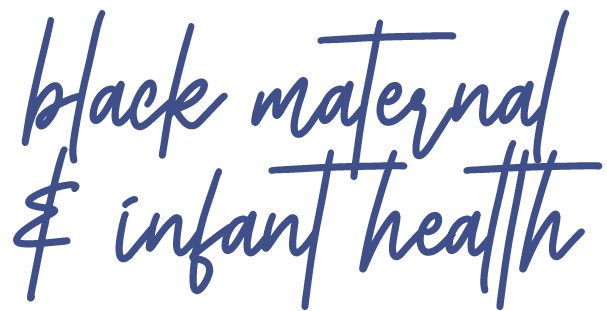
The Black Maternal and Infant Health program utilizes policy and program development to call attention to the staggering rate of Black maternal and infant mortality in Los Angeles County.
Black Women for Wellness advocates for systemic change that acknowledges the impact of racism on health outcomes to ensure that Black mothers and babies are able to thrive. This is also accomplished by increasing accessible, appropriate, and affordable health care.
The basis of our work is centered around these initiatives:
To provide every mother with the information she needs to have a safe and healthy pregnancy, birth experience, and the postpartum period.
To promote emotional and mental wellbeing throughout the perinatal experience via pregnancy support groups throughout Los Angeles.
To directly address the impact of racism on health outcomes and hold providers accountable.
Table of Contents (Click to Scroll to a Section)
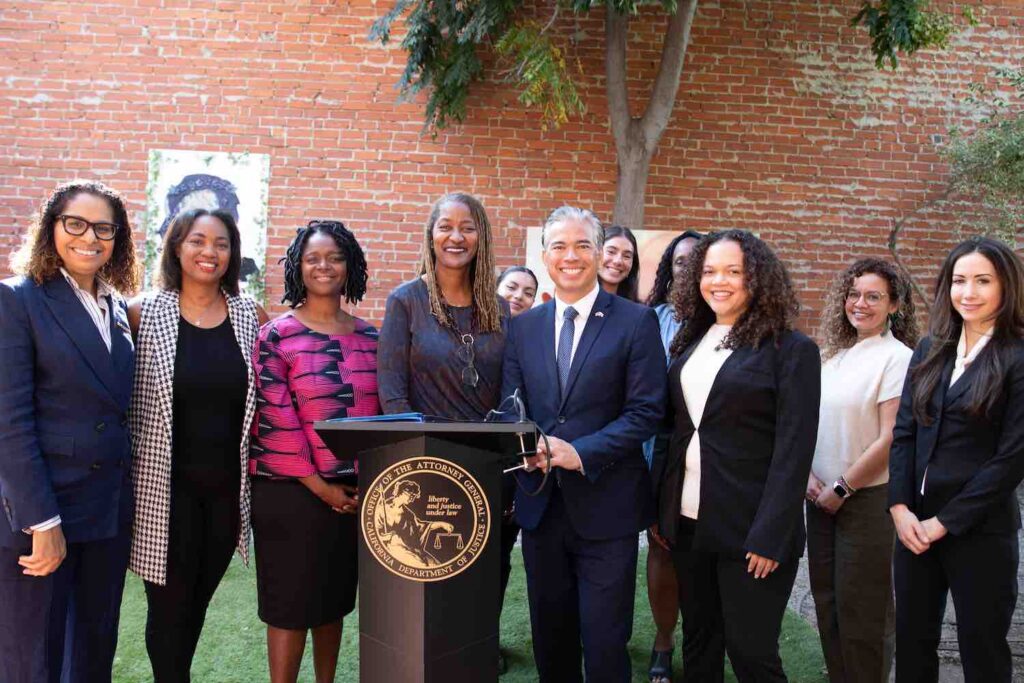
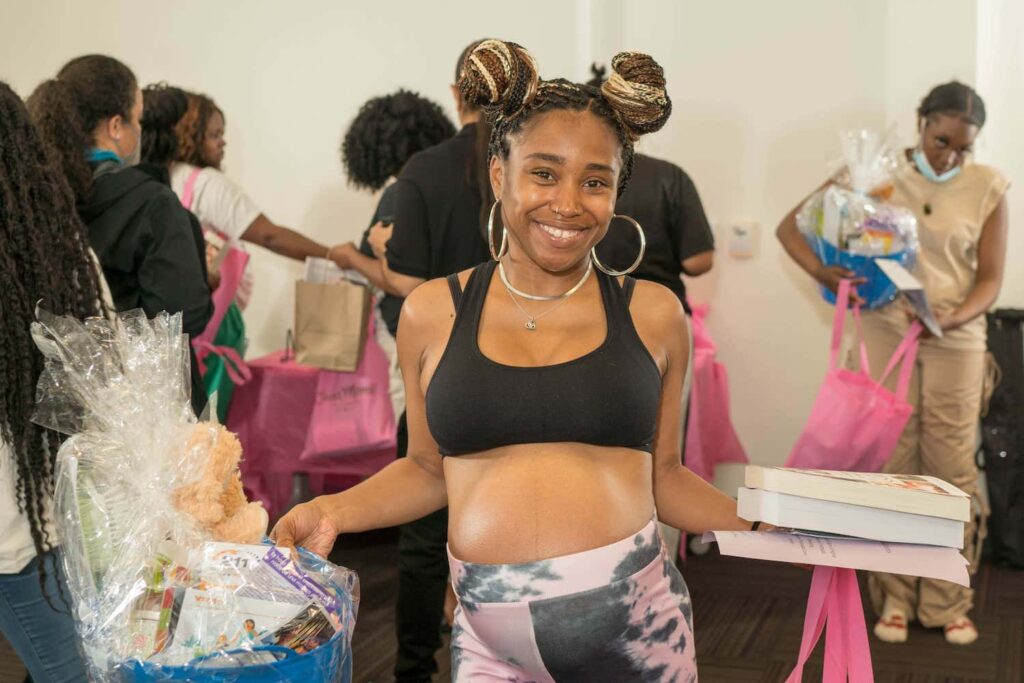
BWW’s Black Maternal and Infant Health Program is a Kindred Partner of the Black Mamas Matter Alliance, and The Los Angeles County African American Infant & Maternal Mortality Community Action Team steering committee.
Abundant Birth Project
The Abundant Birth Project (ABP) is a program that guarantees income by providing financial support to pregnant individuals.
Developed by Expecting Justice in collaboration with researchers and the community, the initiative aims to enhance the safety and health of childbirth for those who are most at risk during their pregnancy journey.
By offering unconditional cash payments, ABP seeks to reduce stress associated with pregnancy. Research indicates that this method can help prevent premature births and low birth weights, as well as promote the overall well-being of the mother or birthing parent.
With these financial resources, mothers can better support themselves and their families, giving their babies a healthier start in life.
For more information complete the online form.
Application Dates: November 19, 2024 through January 31, 2025
Black Maternal Health Week 2024
Black Maternal Health Week Birthing Tour
Our Black Maternal Health Week Birthing Tour was such a success #BlackMaternalHealthWeek!
We were so excited to be able to support our expecting Mamas by taking them on an intentionally curated tour of various birthing spaces across LA County.
Thank you to all of our partners, @cdubmhce @kindredspacela @cedarssinai and LA County General Hospital, who offered guided tours, and shared wisdom, and resources to our Mamas.
Each location had unique offerings geared toward supporting Black Mamas to reduce the disproportionate rates of Black maternal mortality and improve the quality of care that Black families experience while seeking care.
Together, we’re creating spaces where every journey is celebrated and every voice is heard.
Black Moms Bring Questions, Accountability (And A Party Bus) To LA Hospitals
Read about our Black Maternal Health Birthing Tour in LAIST.
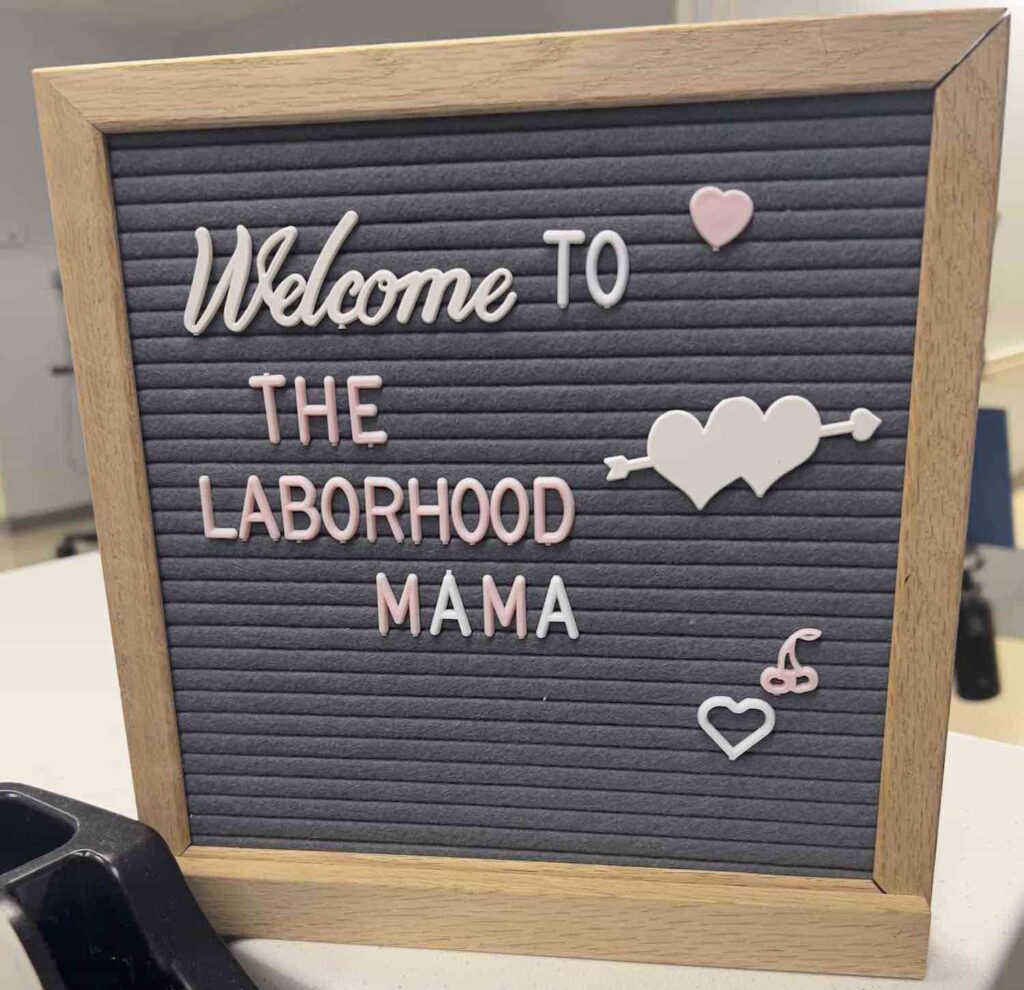
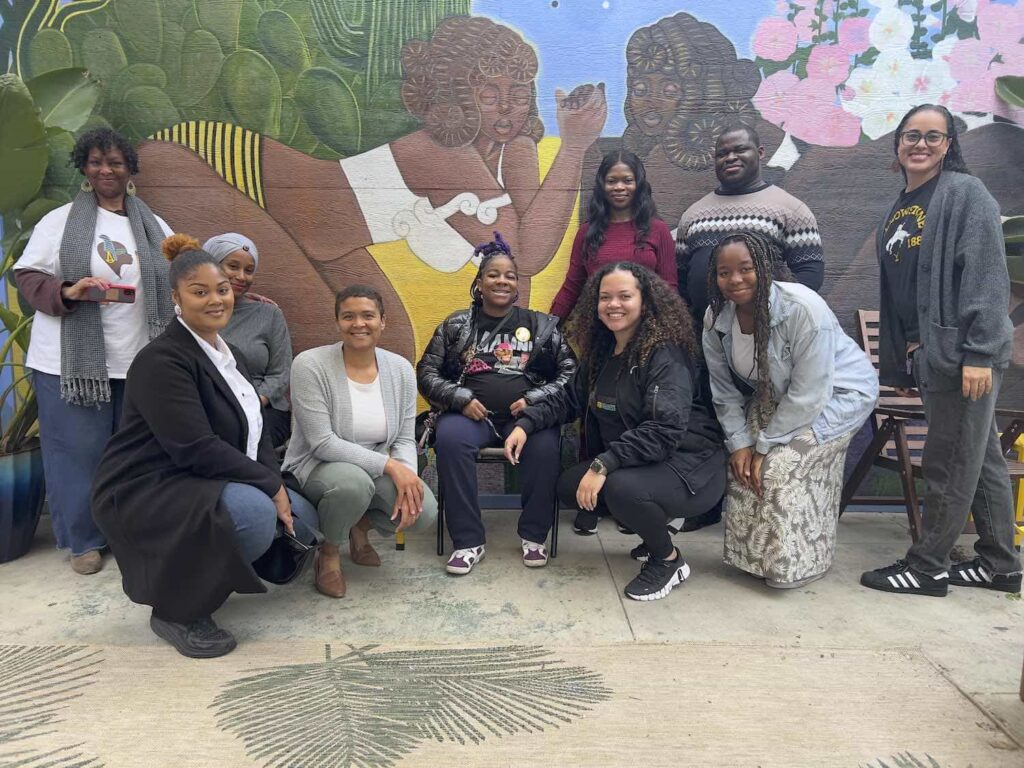
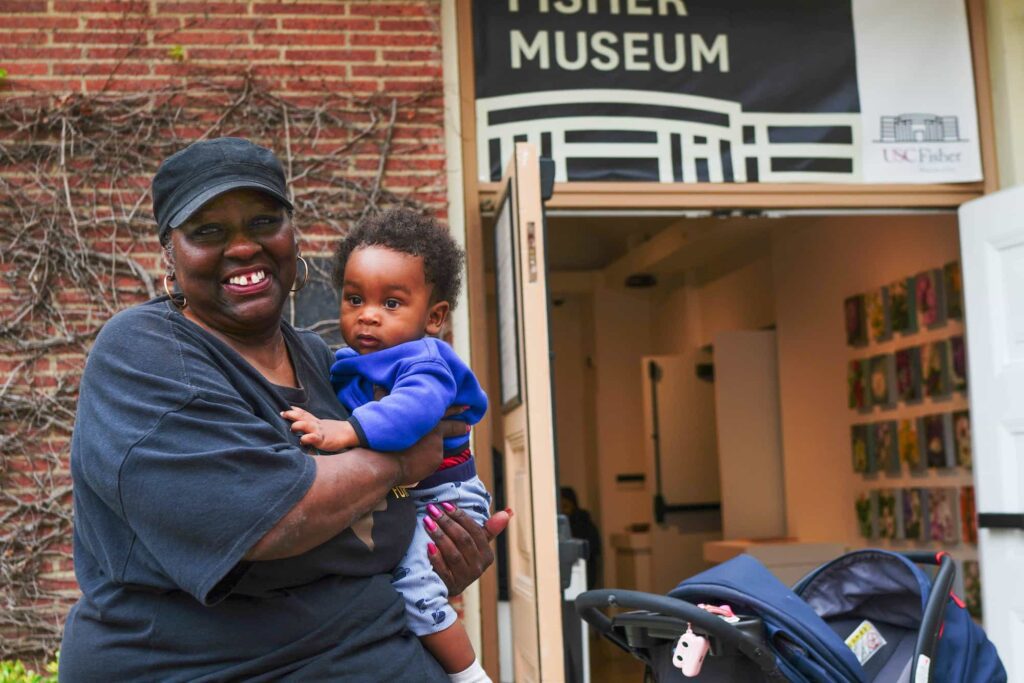
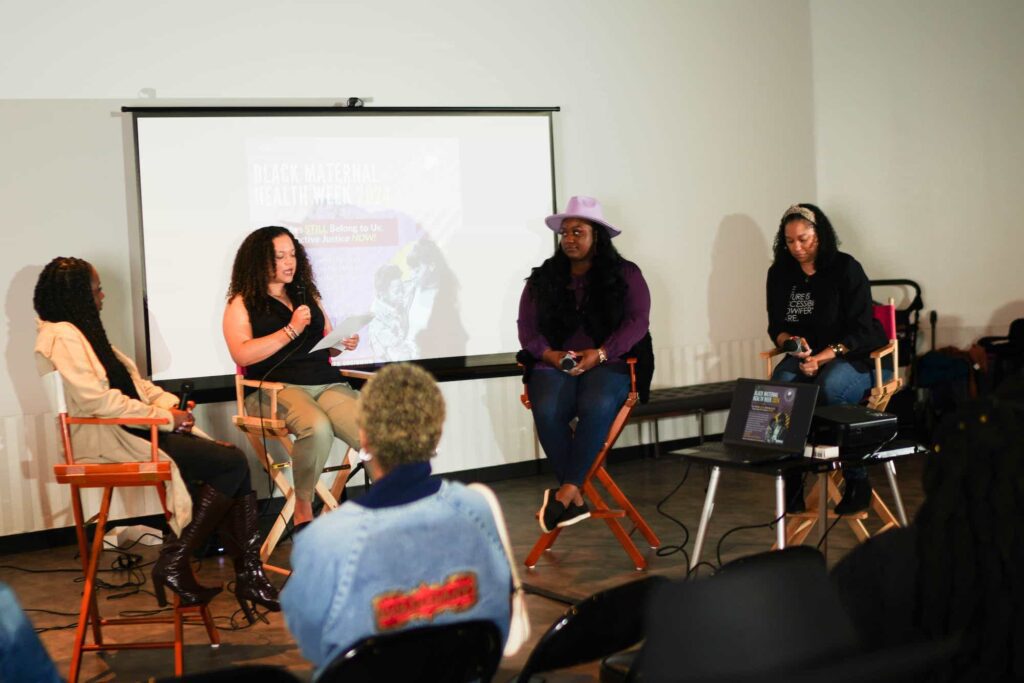
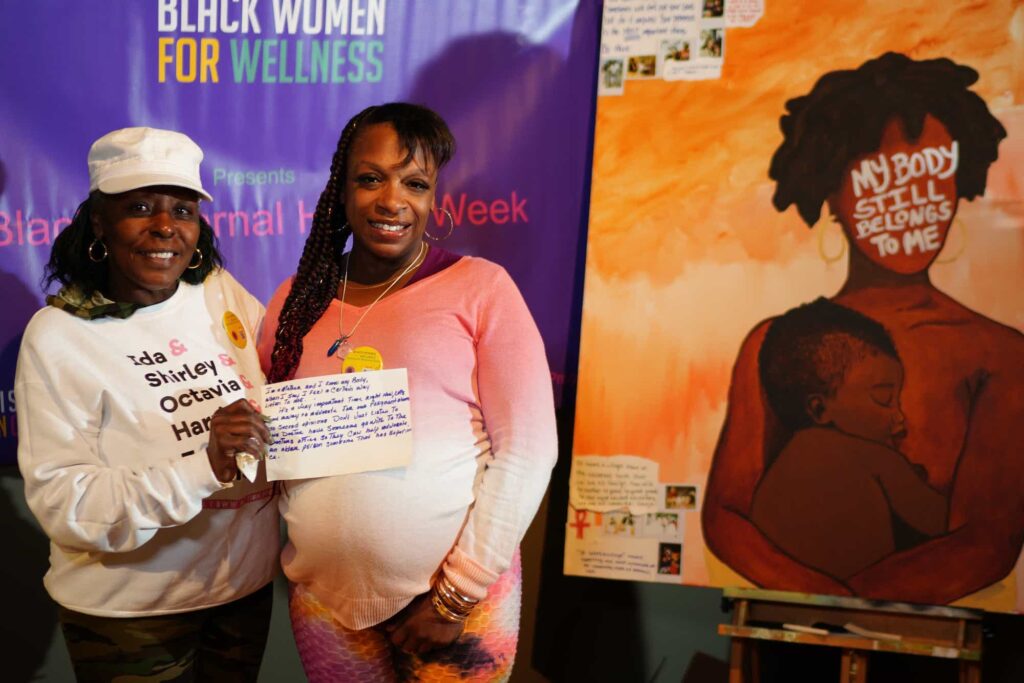
Black Film Showcase
During our Black Film Showcase at USC’s Fisher Museum of Art, we sought to shed light on the disparities, struggles, and triumphs within the realm of Black Maternal and Infant Health the lens of cinema.
Our goal was to cultivate understanding, empathy, and most importantly drive meaningful change and we were SUCCESSFUL!
Through powerful narratives and compelling storytelling, Brown Babies, I Ain’t Mad At Ya, and the Deliver Us Doc trailer amplified the voices of Black mothers and highlighted the systemic challenges they face before, during, and after childbirth.
From navigating biased healthcare systems to confronting societal stigma, these stories illuminated the harsh realities while also celebrating resilience and strength.
Thank you to our dynamic panelists Zaire Davis, Film Director Brown Babies, K’Lynn Mithcell, RDN, and CinnaMoms Project Coordinator at PHFE WIC, and Randi Matthews, CEO and Founder Multi-Hyphen Media.
We are grateful to have collaborated on a Live Art Installation with LAist. Attendees of the Black Film Showcase contributed photos and messaging to a live art piece by Brianna Simone, which will live in our Black Women for Wellness office. Visit us to check it out!
Thank you to USC’s University Relations and USC’s School of Cinematic Arts for their generous support and contribution to ensuring a successful Black Maternal Health Week.
Read About Black Maternal and Infant Health 2023
Our BWW Black Maternal and Infant Health program showed up in a BIG way during Black Mama’s Week 2023! This was a week full of celebrating Black motherhood and advocating for better maternal health outcomes for Black birthing people.
Our Sisters in Control Reproductive Justice, Black Maternal and Infant Health program hosted/participated in 4 events throughout Los Angeles and was able to connect with over 500 community members!
We hosted:
1. Glowing While Growing, a Live Cooking Demo & panel discussion for expecting mothers
2. Supporting Black Mothers: Restoring Joy, an informative and interactive prenatal workshop with relaxing pregnancy massages, Doula tips, sound therapy and lots of gifts for mom and baby
3. Centering Black Mothers, an empowering maternal infant health panel at Sisters@8 bringing awareness to the data surrounding the Black Maternal and Infant Health Crisis
4. AAIMM CAT Baby Shower, we proudly participated in the joyous community baby shower in partnership with AAIMM CAT where moms got a chance to meet each other, find out the gender of their baby and take home everything from diapers and wipes to play pins.
It was a week full of advocacy, love and support for Black mothers and babies.
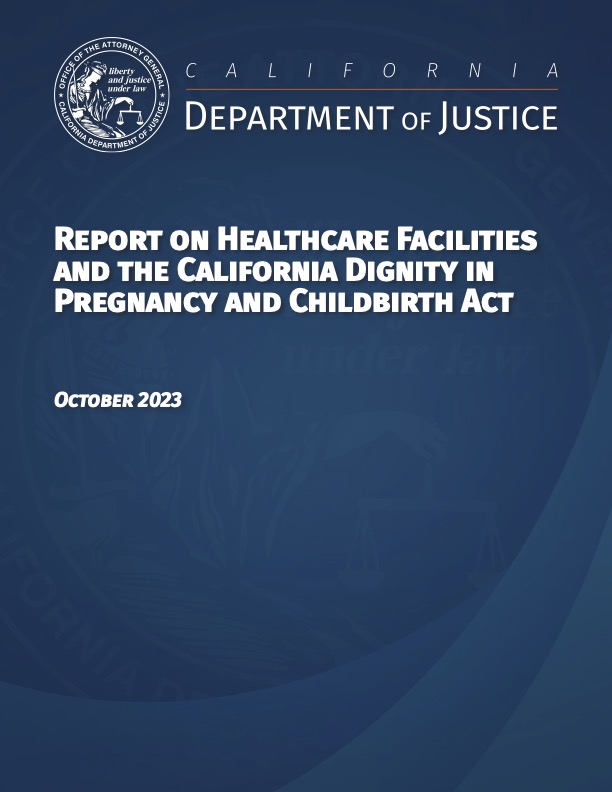
California Department Of Justice BMIH Report
Black Women for Wellness Celebrates Release of Groundbreaking CA DOJ Report on Implicit Bias and Its Impact on Black Maternal and Infant Health
Black Women for Wellness, welcomes Attorney General Bonta’s announcement of results on investigation into pregnancy care provider compliance with required implicit bias training.
This is a critical step for addressing disparate birthing outcomes for Black mamas, birthing people and communities of color.
Centinela Hospital Closure of Maternal Health Services
BWW’s Gabrielle Brown Interviewed on Centinela’s Hospital Closure of Maternal Health Services, Inglewood California
Centinela Hospital‘s closure includes: labor and delivery, NICU, obstetrics, and the newborn nursery. Maternal health services are not a luxury; they are a fundamental right.
Every mother, regardless of her background or circumstances, deserves access to the care and support she needs to ensure a safe and healthy pregnancy, childbirth, and postpartum period.
We will not let this closure go unchallenged and will continue to fight to ensure we keep maternal health services local to the Inglewood community!
If you are interested in getting involved with our efforts to hold Centinela Hospital and Prime Healthcare accountable, please fill out this form.

Women’s Health & Wellbeing Resource Guide
This maternal and infant health resource guide is designed to provide women & mothers with the information they need to ensure the health and well-being of themselves and their babies.
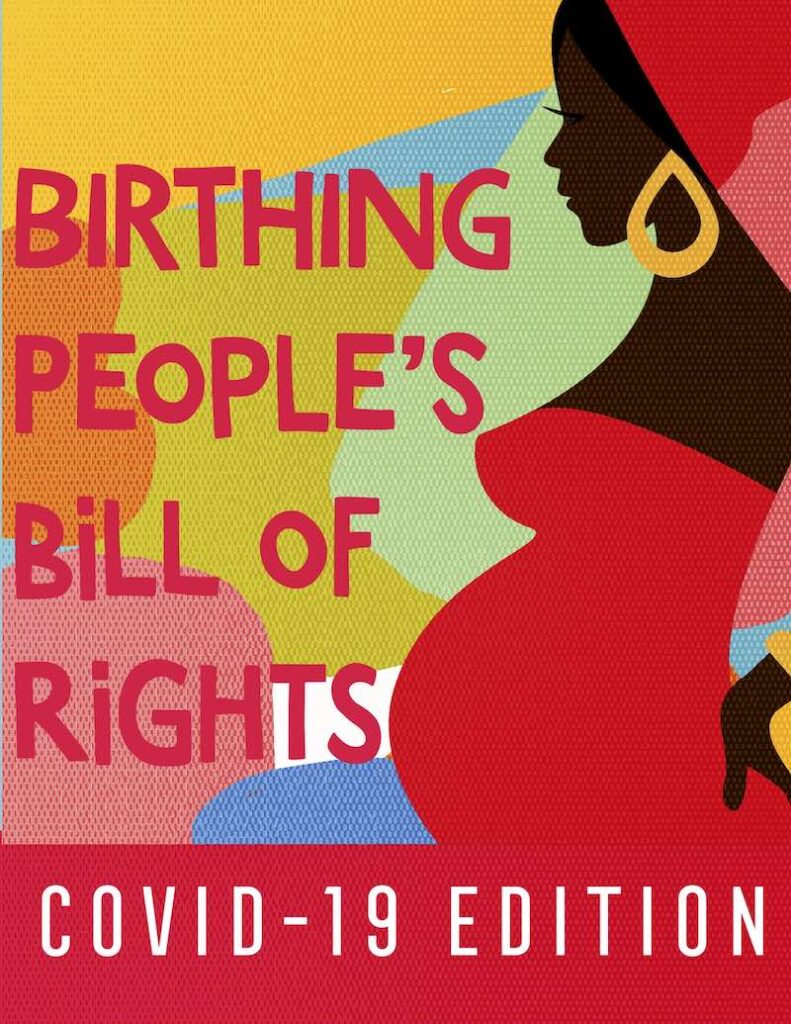
Birth Justice COVID-19 –
Bill of Rights
Everything they didn’t tell you about being a Black Mama to Be!
Topics covered inside:
- Tips for Advocacy
- Birthing People’s Bill of Rights Preeclampsia
- Pregnancy Mask
- Preterm Labor
- Hypertension
- Postpartum Depression
- Pain
- Birthing Resources
Protecting Your Birth –
A Guide For Black Mothers
It is clear that giving birth while Black is a disproportionately dangerous experience. The data tells us clearly that, by conservative estimates:
“Black women in America have more than three times higher risk of death related to pregnancy and childbirth than their white peers. This is regardless of factors like higher education and financial means, and for women over 30, the risk is as much as five times higher.”
Given this truism and the knowledge that those daunting statistics have racism at the core, how can you best communicate with your OB-GYN as a Black Mother?
Erica Chidi and Erica P. Cahill published a Guide for Black Mothers on how racism can impact your pre and postnatal care. The full article can be found here in the New York Times.
Here are a few tips from the guide on how to support a joyous, healthy birth for both mom and baby:

STEP 1: ACKNOWLEDGE RACE AND RACISM IN THE ROOM
Discussions of race can bring up anxiety for all involved, but addressing it is a necessary step toward creating safety and combating implicit bias.
Implicit bias means our subconscious associations based on characteristics such as race, ethnicity, age and appearance.
STEP 2: CREATE A CARE PLAN ANTICIPATING THAT RACISM MAY IMPACT PREGNANCY
Approximately 1 in 6 Black women in America will have a preterm delivery which increases risks to newborns, as nearly two-thirds of all newborn deaths to Black women can be attributed to prematurity.
Women with a history of preterm birth are more likely to have another preterm delivery. If you’ve had a preterm birth before, talk to your care provider about what monitoring and treatment may be appropriate for you.
STEP 3: IDENTIFY HOW RACISM MAY IMPACT LABOR
Many studies have demonstrated that medical professionals have perceived Black people as having higher pain tolerances, leading to disparities in pain management that cannot be explained by perceived lesser pain.
This is one of the many ways that the history of slavery impacts the treatment that laboring mothers receive. It is important for patients and providers to be aware of and actively combat these assumptions.
With your support team and provider, think through pain options you might want ahead of your delivery.
Ask what you should do if you feel that your pain is being inadequately treated.
The following sample language could help:
“I know that research has shown that Black women are more likely to have their pain under-treated. I am worried about being in pain and not receiving appropriate treatment. How can we make sure that doesn’t happen?”
STEP 4: IDENTIFY HOW RACISM MAY IMPACT POSTPARTUM
The postpartum period is critically important and often overlooked. Up to 45 percent of maternal deaths happen in the weeks after delivery, a time where people are generally more removed from medical care and their regular support systems. Also, those affected often don’t have insurance coverage.
In the United States, the postpartum time period is commonly thought of as the six weeks after delivery due to insurance coverage changes at that time. However — medically and physiologically — it is at least the entire year after birth, as this is how long the physical changes of pregnancy persist.
As of 2018, The American College of Obstetricians and Gynecologists (ACOG) recommends that women see their providers within three weeks of delivery.
Women who have had more complicated pregnancies, including problems with blood pressure like pre-eclampsia, should be seen within a week of delivery, ideally a few days after leaving the hospital, for a check-in that includes a blood-pressure evaluation.
Healthy Lifestyle Cookbook and Guide for Mommy and Baby
Black Women for Wellness understands the importance of reclaiming our kitchens as a space where our families can experience health and wellness.
This cookbook serves as a tool to assist your family as you explore new foods for your baby that will support their growth and development.
We’ve included recipes to support mamas in the fourth trimester through motherhood. Your body deserves to be restored and empowered!
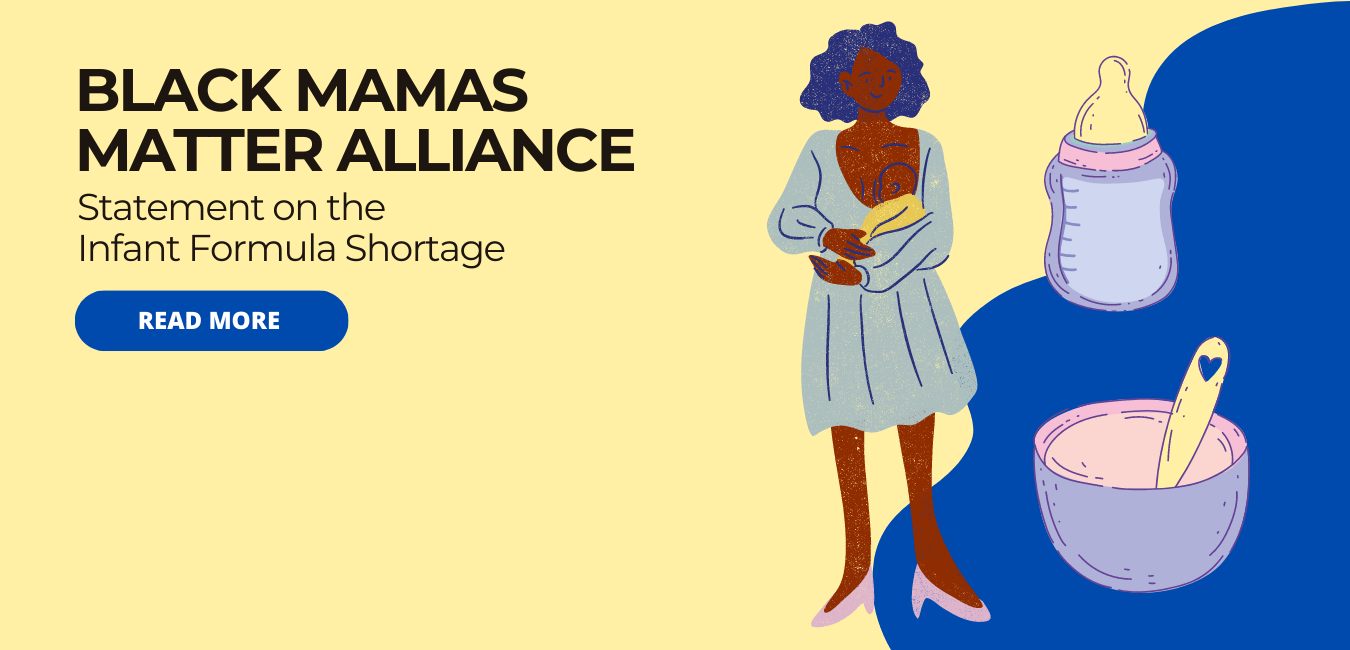
Black Mamas Matter Alliance (BMMA)
Black Mamas Matter Alliance (BMMA) statement on the infant formula shortage
BMMA has published a collective statement on the infant formula shortage.
The statement includes a list of BMMA partners providing families with human milk feeding and infant formula support, as well as additional resources and information.
Obstacles in Getting a Mortgage While on Maternity Leave
Our experts at Bankrate created a guide that provides personal experiences about how difficult it can be to obtain a mortgage while on maternity leave, discusses the history of lending inequality and how to avoid lending discrimination.


Findings on Fake Women’s Health Clinics & Pregnancy Resource Centers
Crisis Pregnancy Centers (CPC), also called “Fake Women’s Health Clinics & Pregnancy Resource Centers”, pose harm but receive substantial government support & funding.
Media

IJS (I's Just Sayin) 2 Black Women with Opinions
Janette Robinson Flint (Executive Director) & Adjoa Jones (Visionary) of Black Women for Wellness share insights on current events, culture, policy, and important wisdom for Black mothers on life, living, and joy.
